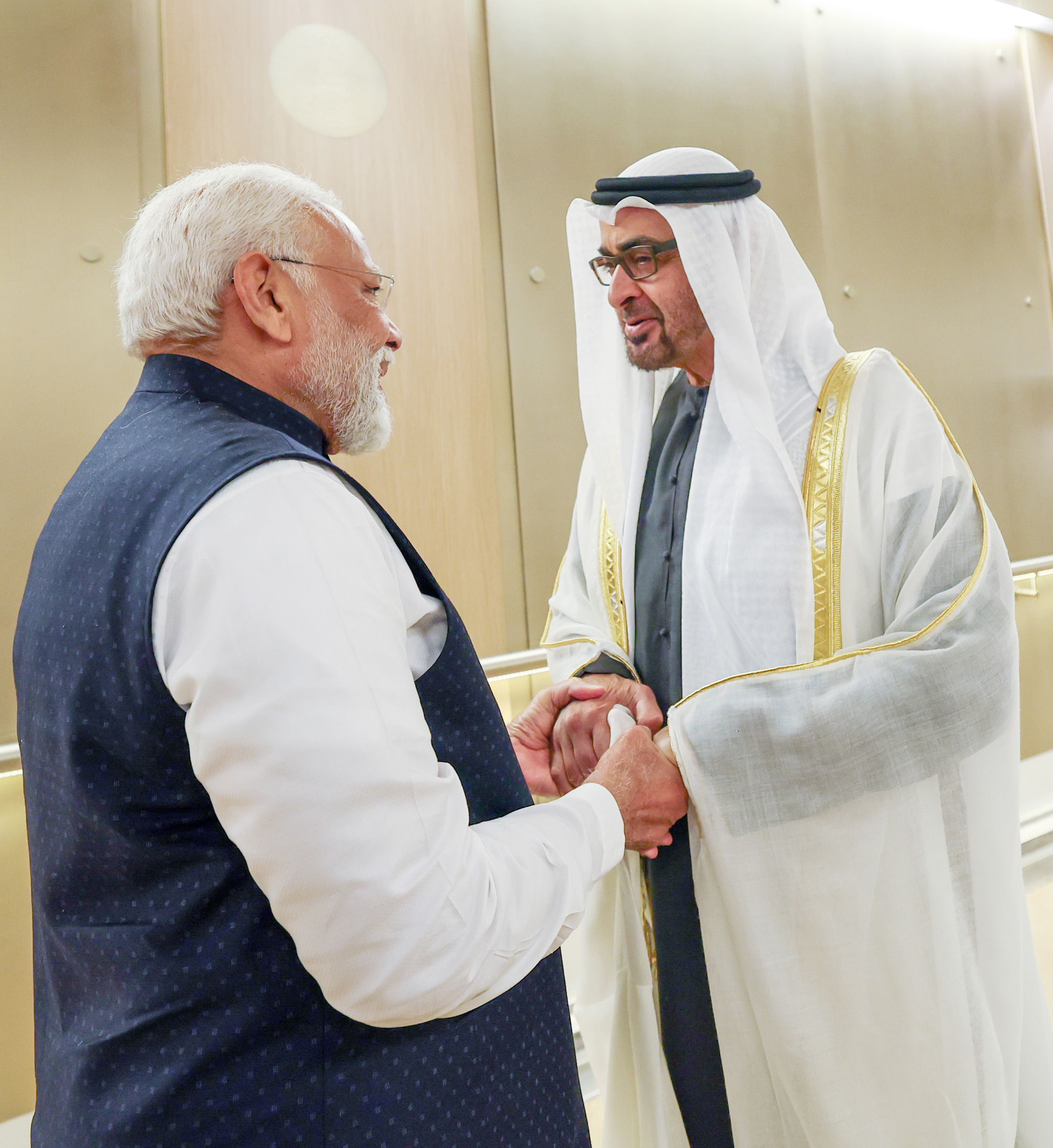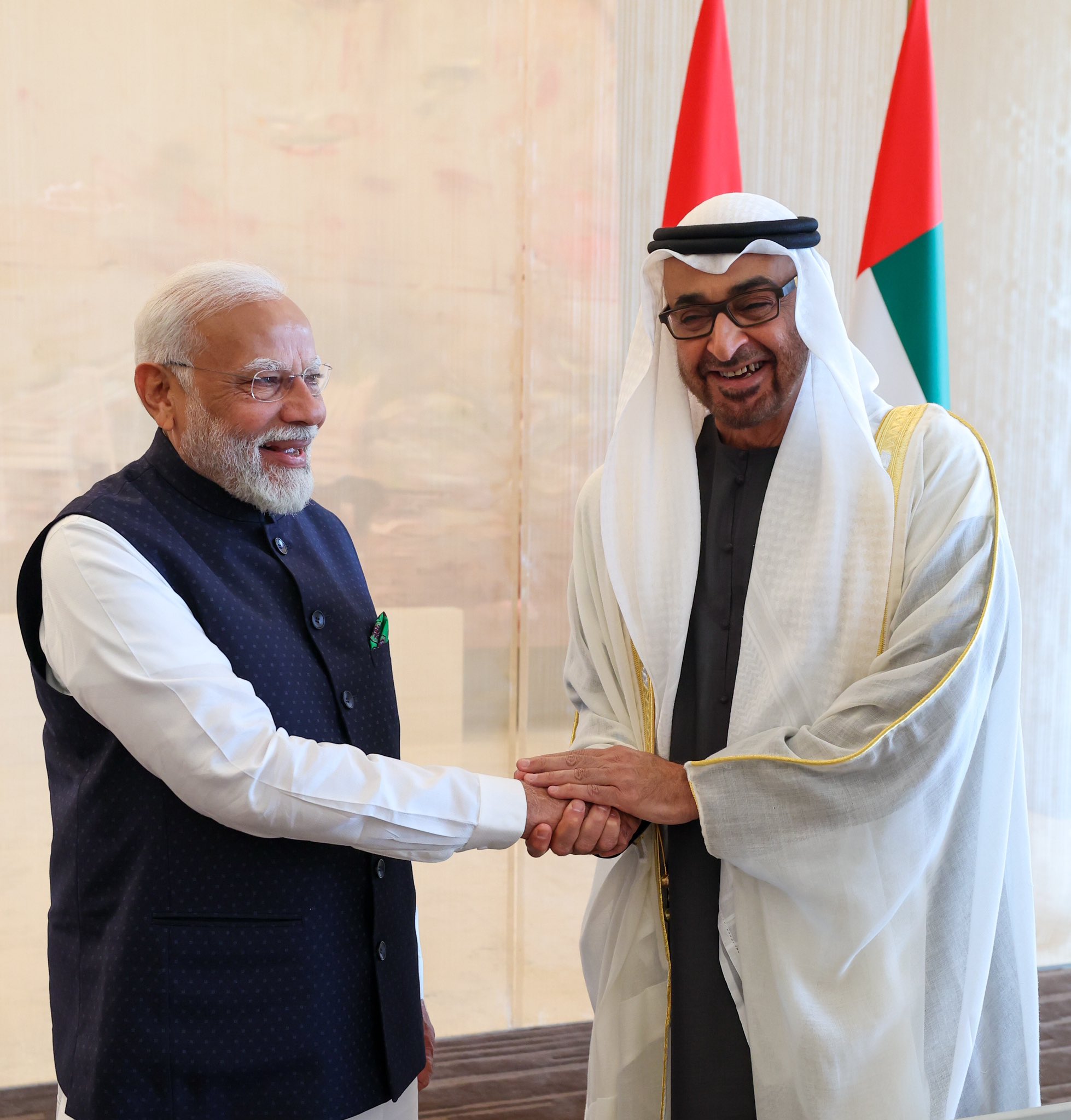
India-UAE Logistics partnership boosts following the implementation of CEPA
DUBAI : The partnership between India and the UAE in the logistics sector has received a substantial boost following the implementation of the Comprehensive Economic Partnership Agreement (CEPA) on May 1, 2022. This groundbreaking agreement, aimed at eliminating or reducing tariffs on various goods, has opened up numerous trade opportunities, paving the way for bilateral trade to potentially reach US$ 100 billion within the next five years.

After Prime Minister Shri Narendra Modi’s visit to the UAE, the UAE-India Business Council (UIBC), JonesLang LaSalle (JLL), and Invest India collaborated to release an extensive report on the collaboration in the logistics sector between the two nations. This report explores crucial aspects such as the UAE-India CEPA Agreement, India-Middle East-Europe Economic Corridor (IMEC), India-Middle East Food Corridor, and India-UAE Logistics Prospects, providing a detailed analysis of the synergies, opportunities, and prospects arising from the strategic partnerships.
The expected surge in trade volume is anticipated to drive significant growth in India’s logistics sector. The rising demand for transportation and warehousing services is poised to fuel industry expansion, creating an environment conducive to innovation and entrepreneurial ventures.
The IMEC, a monumental 7,200-km-long multi-modal corridor connecting India and Europe via the Arabian Peninsula, aims to revolutionize trade and logistics in India. This infrastructure project promises reduced transit times and transportation costs, with broader impacts on trade facilitation, economic integration, and the resilience of regional supply chains.
The India-Middle East Food Corridor underscores the importance of food security, leveraging innovative logistics solutions like cold chain management and real-time monitoring to enhance supply chain efficiency.
The convergence of CEPA and IMEC offers an unprecedented opportunity for India’s logistics industry to redefine its role in shaping the future of trade. By embracing technological advancements, optimizing supply chains, and prioritizing sustainability, Indian logistics companies can play a pivotal role in driving economic growth, fostering regional integration, and transforming the logistics landscape.
The recent emphasis on promoting renewable energy in the logistics sector, reflected in initiatives like the G20 New Delhi Summit and COP28 in Dubai, highlights the recognition by India and the UAE of the need for an efficient and integrated logistics network to capitalize on their respective strengths.
Invest India states, “The Government of India has implemented innovative policies to revolutionize logistics services within the country,” citing the National Logistics Policy aiming to improve logistics hubs and reduce the cost of logistics operations in the country by 2030.
India is the UAE’s second-largest trading partner, accounting for 9 percent of total trade, while the UAE is India’s third-largest trading partner after the USA and China. The signing of CEPA in 2022 has led to an increase in bilateral trade, reaching US$ 84.5 billion (April 2022-March 2023) from US$ 72.9 billion (April 2021-March 2022), marking a year-on-year increase of 16 percent. This expansion underscores the urgent need for advanced logistics solutions, creating opportunities for tech-driven logistics firms to offer disruptive, cost-effective solutions and revolutionize the logistics landscape under the CEPA framework.

